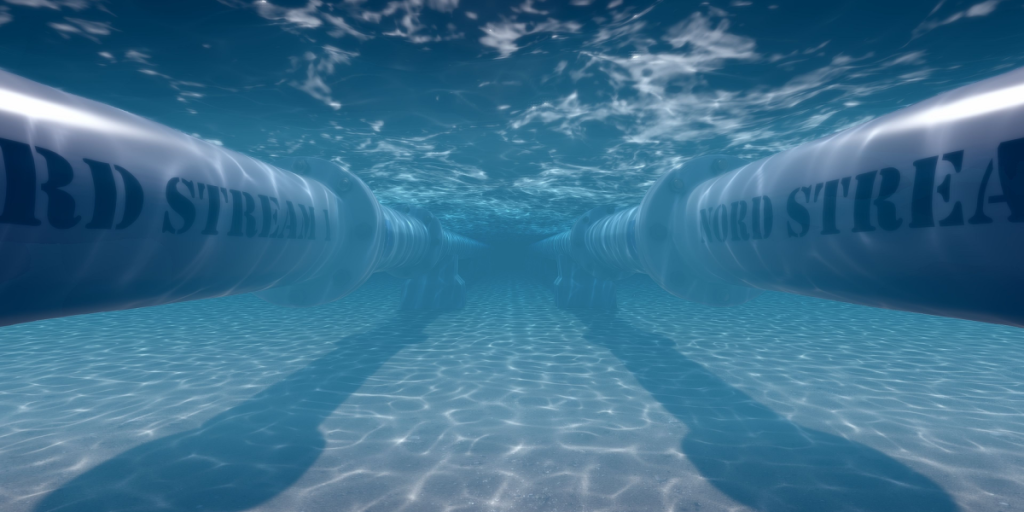Suspect in Nord Stream Pipeline Blasts Takes Legal Battle to Top Italian Court
Others are reading now
Europe’s energy landscape changed dramatically after the 2022 Nord Stream pipeline explosions. The blasts cut off a major source of Russian gas to Europe, triggering political tension, economic pain, and a wave of conspiracy theories.
Now, one of the men accused of helping organize the attack is fighting to avoid being sent to Germany for trial.
Italian Court to Review Extradition
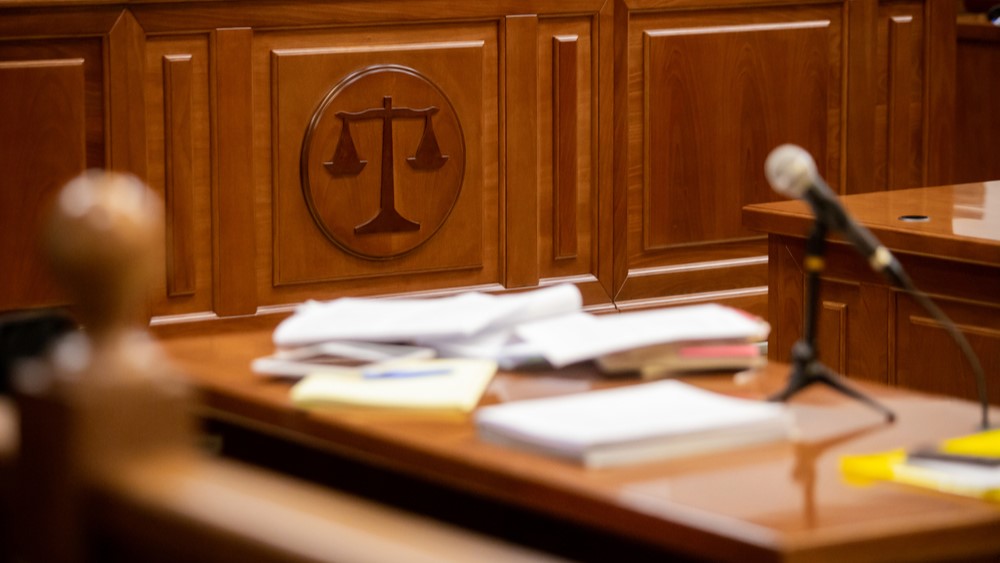
An Italian court in Bologna ruled on Monday that the Ukrainian suspect, known only as Serhii K, should be extradited to Germany, according to Reuters. The ruling confirmed a previous decision made last month.
But his lawyer, Nicola Canestrini, said Serhii will stay in Italy for now while they take the case to the Court of Cassation, Italy’s highest court. The next hearing is expected within a month.
Political Actions

Canestrini said his client’s actions were political and should be protected under international law.
Also read
He also said the defense would continue to fight until all legal and human rights arguments were heard. “We will not stop until the court fully examines the international law implications,” Canestrini stated.
Polish Court Orders
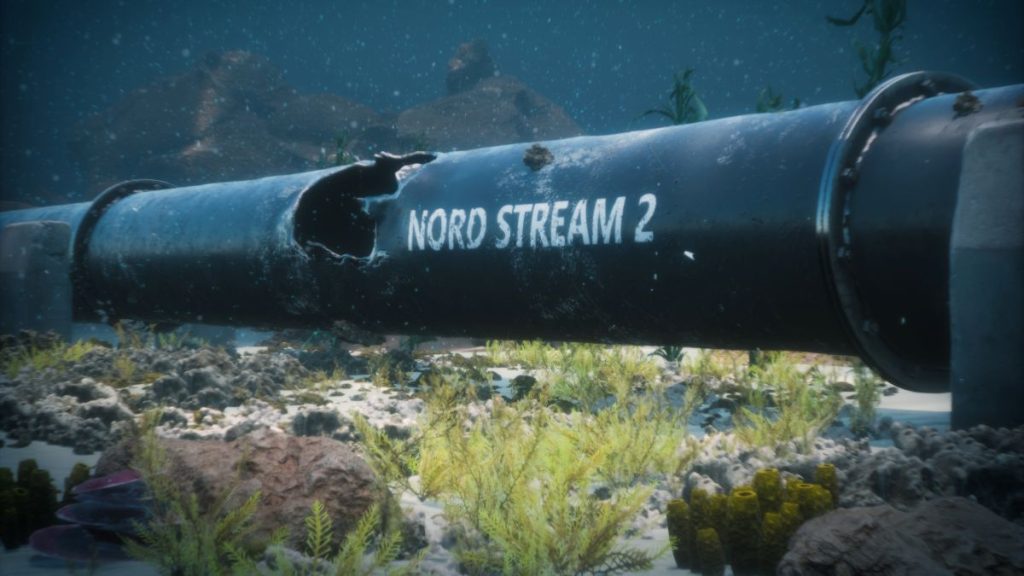
German prosecutors refused to comment on the case while it remains in the Italian system. The defense plans to use a recent decision in Poland as part of their appeal.
Earlier this month, a Polish court refused to hand over another Ukrainian suspect connected to the Nord Stream explosions and ordered his release.
No One Took Accountability
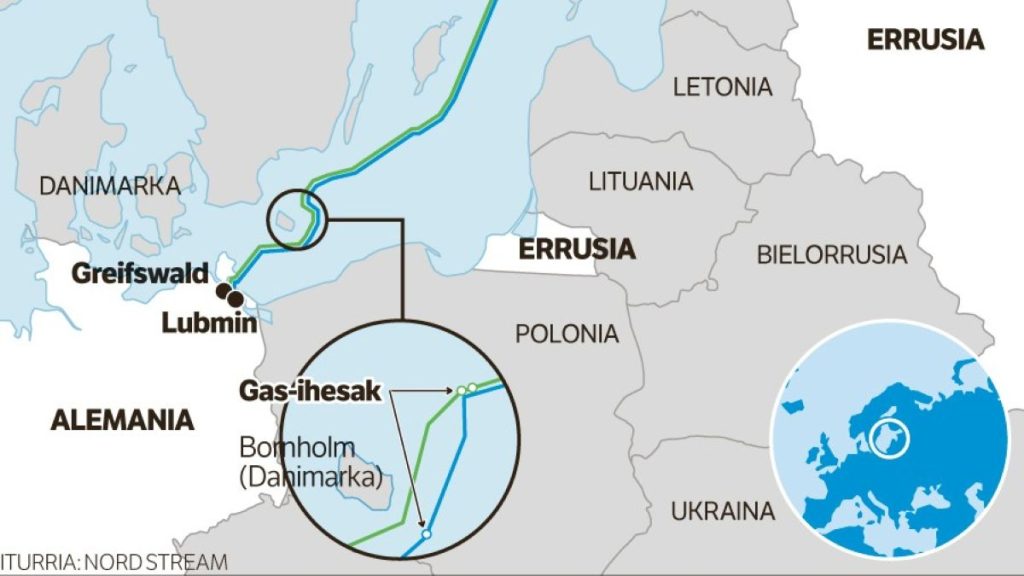
The September 2022 explosions destroyed sections of the Nord Stream 1 and 2 pipelines near the Danish island of Bornholm in the Baltic Sea.
Both Russia and Western nations have described the event as sabotage, but no group has claimed responsibility. Ukraine has denied any involvement.
Also read
A Former Military Officer
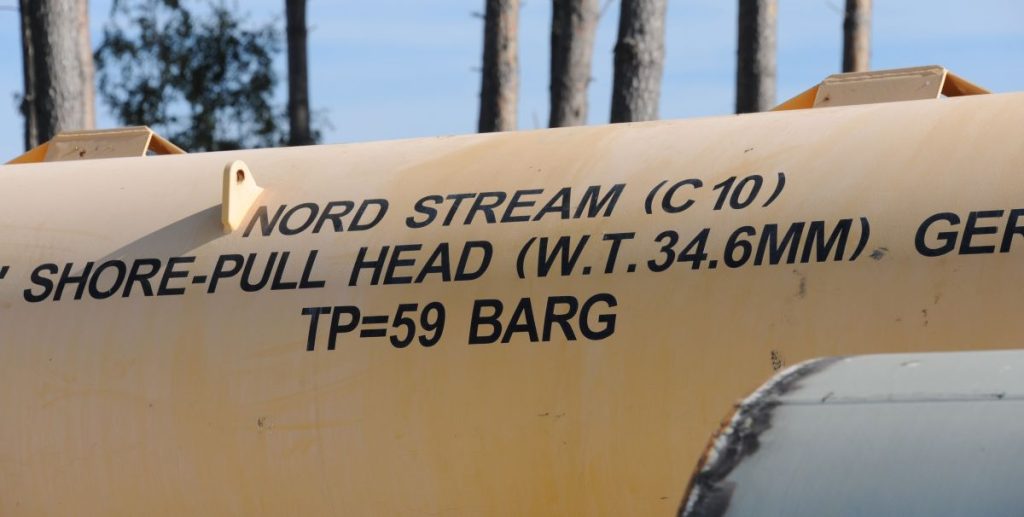
Italian authorities arrested Serhii K in August near Rimini after Germany issued a European arrest warrant. He is described as a former military officer.
German investigators believe he helped a team plant explosive devices on the pipelines. He faces charges of collusion to cause an explosion, anti-constitutional sabotage, and destruction of critical infrastructure.
The case remains sensitive in Europe, where questions about who carried out the Nord Stream attack still linger more than two years later.

